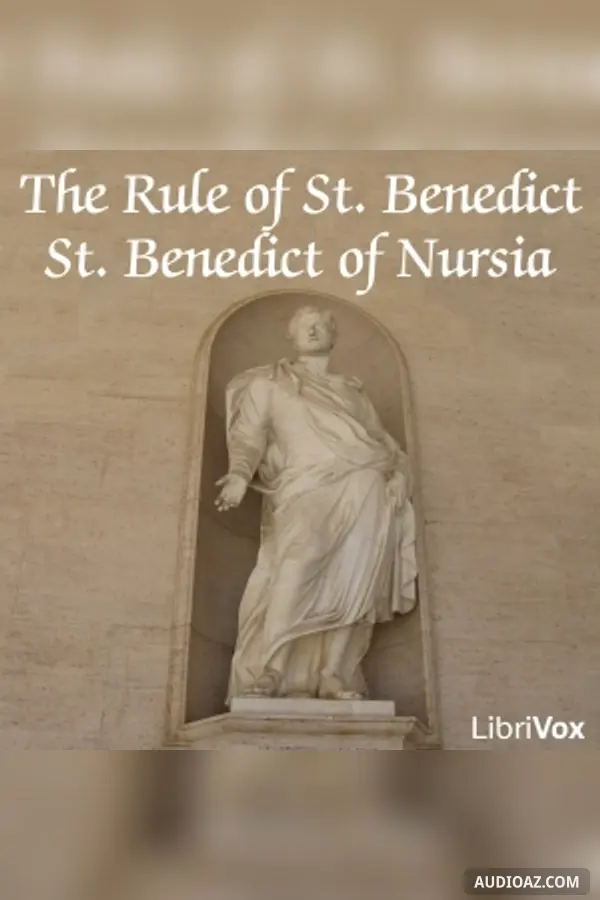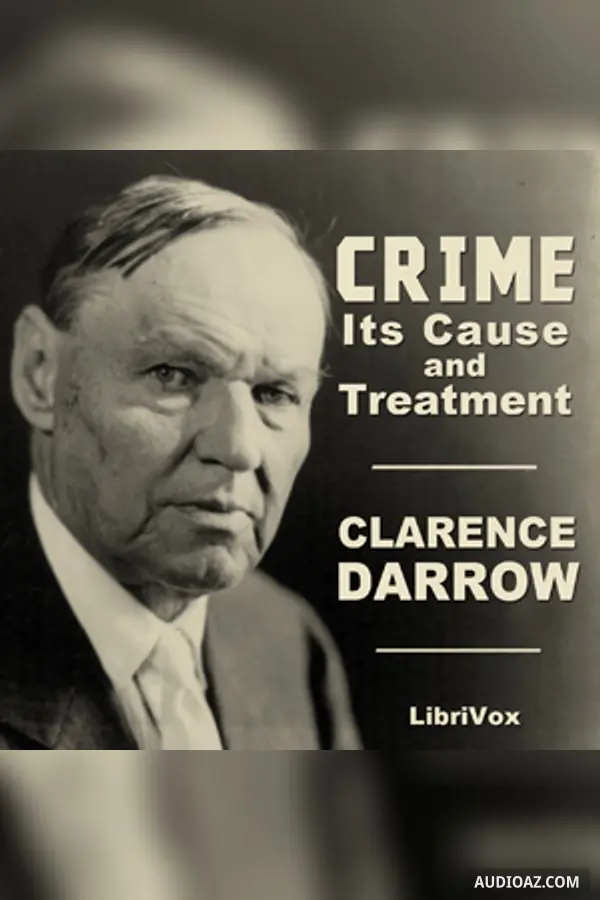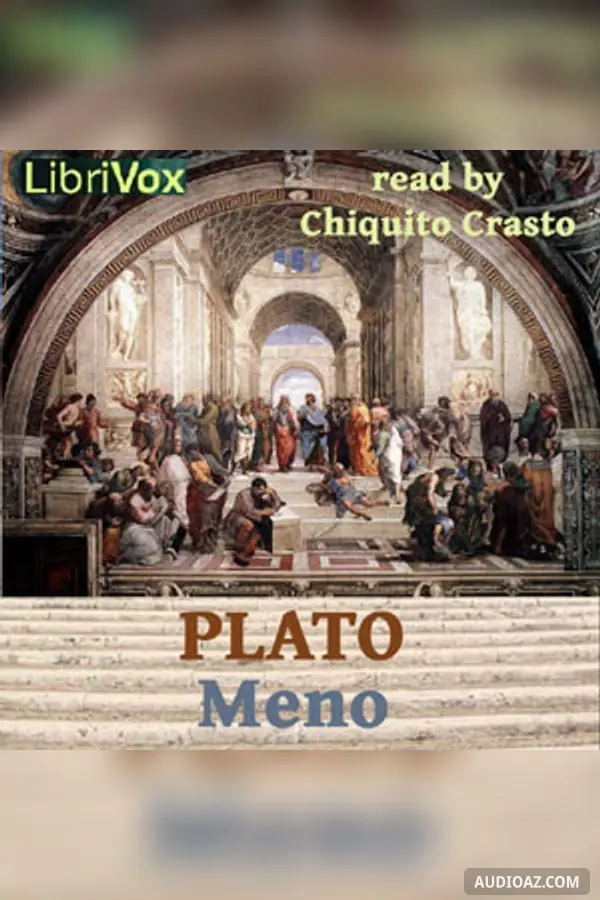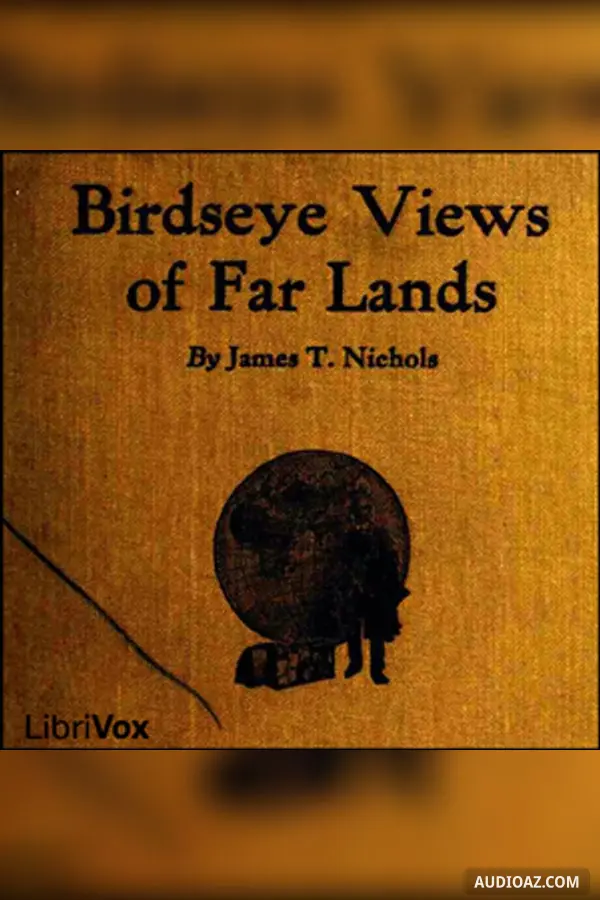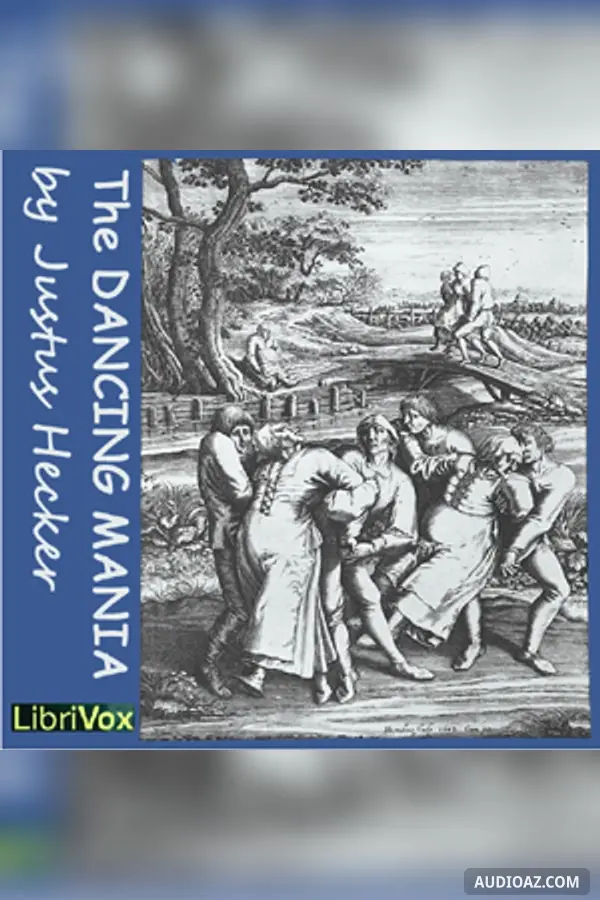
The Dancing Mania - Audiolibro Gratis
Autor(es): Justus Hecker
Idioma: English
Género(s): HistoriaNo ficciónPsicologíaReligión
1 / 16Chapter 1: The Dancing Mania in Germany and the Netherlands - Sect. 1: St John\'s Dance
- 1. Chapter 1: The Dancing Mania in Germany and the Netherlands - Sect. 1: St John\'s Dance
- 2. Chapter 1: The Dancing Mania in Germany and the Netherlands - Sect. 2: St Vitus\'s Dance
- 3. Chapter 1: The Dancing Mania in Germany and the Netherlands - Sect. 3: Causes
- 4. Chapter 1: The Dancing Mania in Germany and the Netherlands - Sect. 4: More Ancient Dancing Plagues
- 5. Chapter 1: The Dancing Mania in Germany and the Netherlands - Sect. 5: Physicians
- 6. Chapter 1: The Dancing Mania in Germany and the Netherlands - Sect. 6: Decline and Termination of the Dancing Plague
- 7. Chapter 2: The Dancing Mania in Italy - Sect. 1: Tarantism
- 8. Chapter 2: The Dancing Mania in Italy - Sect. 2: More Ancient Traces - Causes
- 9. Chapter 2: The Dancing Mania in Italy - Sect. 3: Increase
- 10. Chapter 2: The Dancing Mania in Italy - Sect. 4: Idiosyncrasies - Music
- 11. Chapter 2: The Dancing Mania in Italy - Sect. 5: Hysteria
- 12. Chapter 2: The Dancing Mania in Italy - Sect. 6: Decrease
- 13. Chapter 3: The Dancing Mania in Abyssinia
- 14. Chapter 4: Sympathy - Sect 1
- 15. Chapter 4: Sympathy - Sect 2
- 16. Chapter 4: Sympathy - Sect 3
Acerca de
Numerous theories have been proposed for the causes of dancing mania, and it remains unclear whether it was a real illness or a social phenomenon.
One of the most prominent theories is that victims suffered from ergot poisoning, which was known as St Anthony's Fire in the Middle Ages. During floods and damp periods, ergots were able to grow and affect rye and other crops. Ergotism can cause hallucinations, but cannot account for the other strange behaviour most commonly identified with dancing mania.
Many sources discuss how dancing mania, and tarantism, may have simply been the result of stress and tension caused by natural disasters around the time, such as plagues and floods…people may have danced to relieve themselves of the stress and poverty of the day, and in doing so, attempted to become ecstatic and see visions. Sources agree that dancing mania was one of the earliest forms of mass hysteria, and describe it as a "psychic epidemic", with numerous explanations that might account for the behaviour of the dancers.
Another popular theory is that the outbreaks were all staged, and the appearance of strange behaviour was down to its unfamiliarity. Religious cults may have been acting out well-organised dances, in accordance with ancient Greek and Roman rituals. Despite being banned at the time, these rituals could be performed under the guise of uncontrollable dancing mania. (Introduction from Wikipedia, slightly adapted.)
Comentarios
Sé el primero en comentar
Aún no hay comentarios sobre este contenido. ¡Inicia la conversación!
Descubrir Más
Etiquetas: The Dancing Mania audio, The Dancing Mania - Justus Hecker audio, Historia audio, No ficción audio, Psicología audio, Religión audio, free audiobook, free audio book, audioaz

